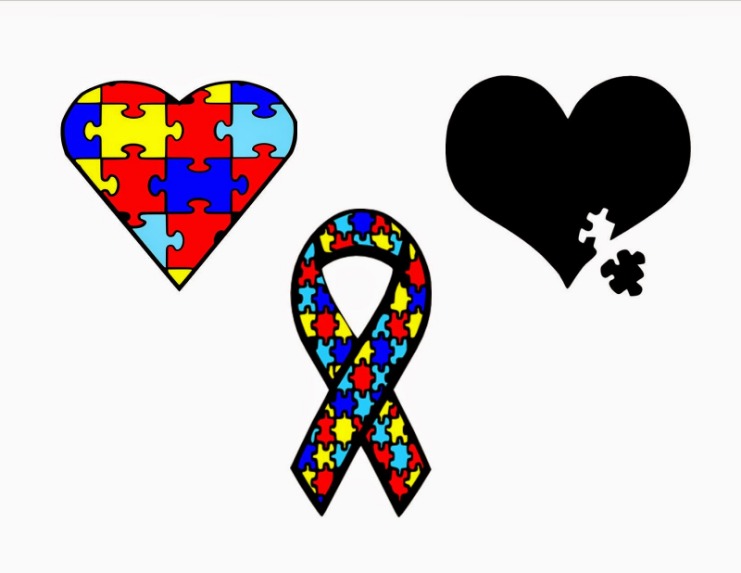Music helped these children get personal fulfillment from the completion of an activity, which overall helped with their sociability. This is because they got a new sense of confidence that allowed them to share their success with others. Also, musical elements provide a sense of security and familiarity for kids with ASD, thus encouraging them to attempt new tasks in a predictable but malleable framework. While speech therapy focuses mainly on language skills, music therapy covers a wider array of development areas.
This may be because outcomes are difficult to standardize and measure scientifically. Music therapy can help some autistic people communicate, connect socially, and express themselves — and make great music, too.
This means that there is too much stimulation in brain activity, which is hindering a child’s ability to control their actions. The 2018 study proved that music intervention allowed the kids to have more control of their actions. For example, the individuals that received music therapy had greater activity in their subcortical regions of the hippocampus and thalamus. Children with Autism tend to suffer from an enlarged hippocampus, and this often correlates with random activity, hindering their chances for optimal learning and memory retention. Music helped control the symptoms that come from an enlarged hippocampus; therefore, giving children with Autism the opportunity to engage in learning activities.
Developmental methods aim to promote the development process (e.g., floor time or the Early Start Denver Model—ESDM). In these programs, the therapist starts from the child’s interests and follows their initiatives to promote communication performance using the skills of imitation and synchrony.
The Benefits of Music Therapy For Autism
Music therapy has also been used to enhance some cognitive functions, such as attention or memory. In a 2018 study, fifty-one participants in the age range 6–12 years were assessed at baseline and randomly assigned to music or non-music intervention. These participants received a combination of the three music intervention techniques. The individuals that received music intervention showed an enhanced intrinsic reward system.
Do Autistic People Get Married? Autism & Relationships
This therapy can help children with autism speak more clearly and correctly. Music therapy is an evidence-based clinical use of music interventions to accomplish individualized goals within a therapeutic relationship by a credentialed professional who has completed an approved music therapy program. Moreover, research shows that music can help these children communicate by giving them away to express themselves without words. When children sing or play music together, they learn to take turns and share.
Activities
Read more about piano lessons for autistic child here. Most notably, however, while neurotypical, musically gifted children display a number of distinguishing characteristics similar to children on the spectrum, one stands out—their abilities to memorize. While there is no easy way to bypass the complexity of a condition like autism, music therapy has proven to be a useful way to connect and help special children. And what better way to give your child a voice than with the universal language of music, powerful enough to transcend everything from emotional overwhelm to complex social interactions. Music therapy can help build your child’s self-confidence and communication skills.





